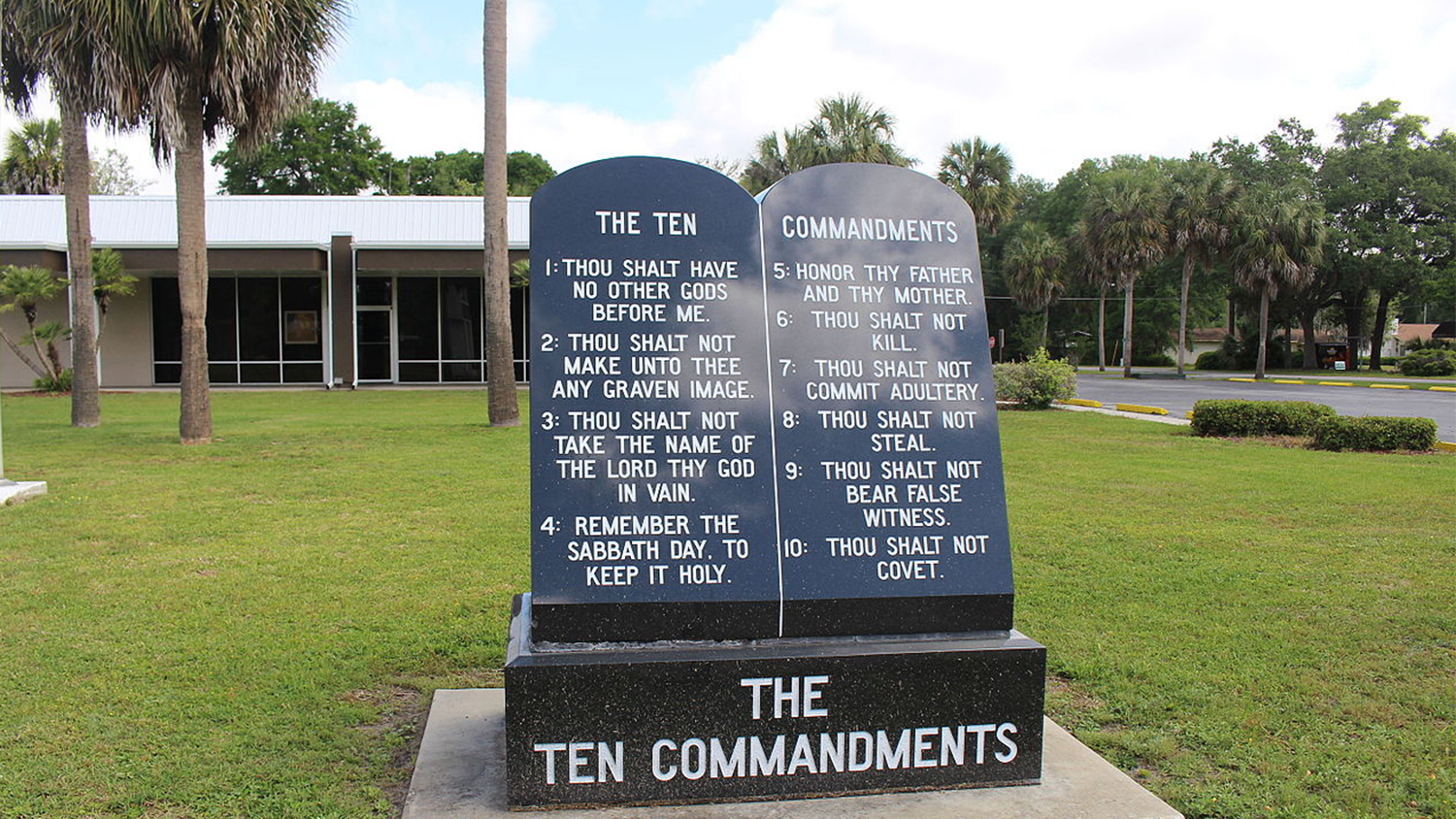
DENVER — Attorneys with the Alliance Defense Fund Friday appealed the ruling of a three-judge panel of the U.S. Court of Appeals for the 10th Circuit after it reversed a lower court decision that upheld the constitutionality of a Ten Commandments display at the Haskell County, Oklahoma, Courthouse. The American Civil Liberties Union filed suit to have the monument removed on behalf of a man who claims he was offended by it.
“Americans shouldn’t be forced to abandon their religious heritage simply to appease someone’s political agenda,” said ADF Senior Counsel Kevin Theriot. “There is no difference between this Ten Commandments display and the one at the Texas state capitol that was upheld by the U.S. Supreme Court nearly five years ago. This one, like that one, was donated and paid for by a private individual and displayed among numerous other monuments to veterans, pioneers, and others. The emotional response of a single, offended passerby does not amount to a violation of the Establishment Clause.”
In August 2006, a federal district court judge ruled in Green v. Haskell County Board of Commissioners that the presence of the Ten Commandments monument on the Haskell County Courthouse lawn was constitutional. The courthouse lawn area also includes memorials to veterans of World War II, the Vietnam War, and the Korean War; an Unmarked Graves monument; a Choctaw Indian Tribe Monument; as well as numerous other items commemorating significant events.
The ACLU then appealed the decision to the 10th Circuit, which ruled the monument unconstitutional, noting that comments supporting the monument made by local officials in their personal capacities are nonetheless relevant because, “In a small community like Haskell County, where everyone knows everyone, and the commissioners were readily identifiable as such…the reasonable observer would have been left with the clear impression…that the commissioners were speaking on behalf of the government and the government was endorsing the religious message of the Monument.”
“That leaves small-town government officials with fewer free speech rights than those in larger cities,” Theriot explained. “Small-town government officials have just as much right to express their personal opinions about monuments as those in larger cities. Furthermore, the commissioners stated publicly that they allowed the monument because of its historical significance and would allow other historical monuments that contain speech from other religions.”
ADF is a legal alliance of Christian attorneys and like-minded organizations defending the right of people to freely live out their faith. Launched in 1994, ADF employs a unique combination of strategy, training, funding, and litigation to protect and preserve religious liberty, the sanctity of life, marriage, and the family.

